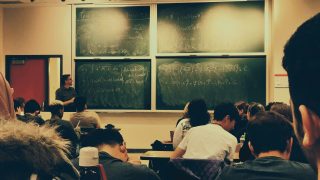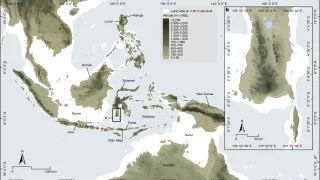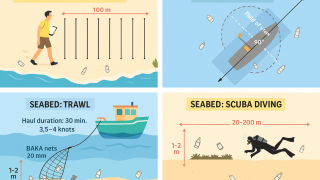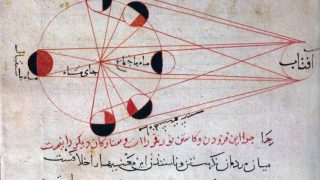
Why teach calculus in the age of AI
If you’re reading this, you’ve probably taken a calculus course before. How was it? Chances are you found it frustrating or, at least, complicated. You may remember one of the most feared parts of calculus courses: the computation of derivatives and integrals. For most students, this is the first time they face a mathematical problem […]








